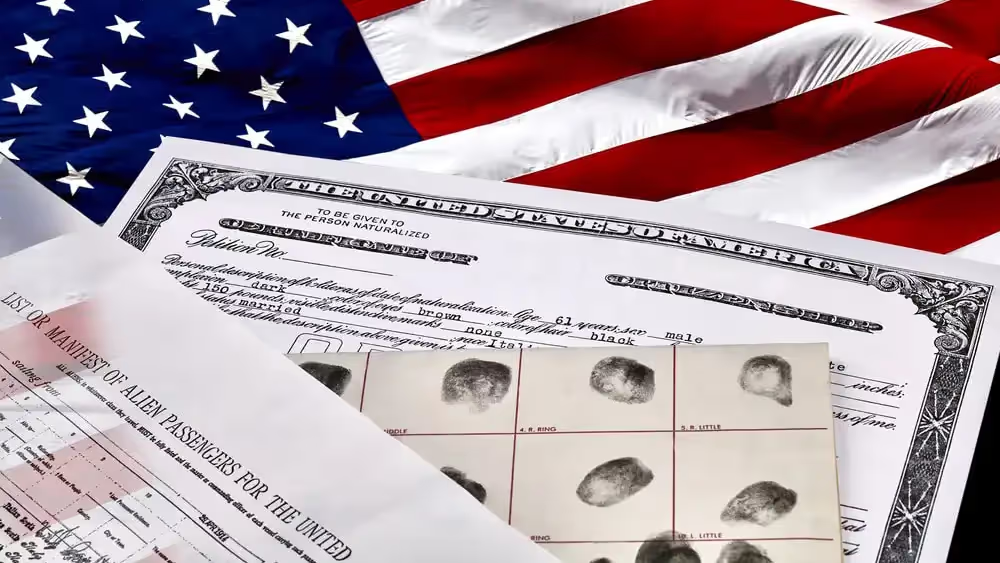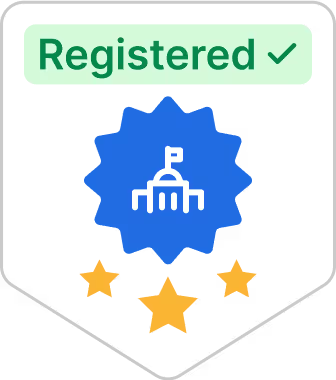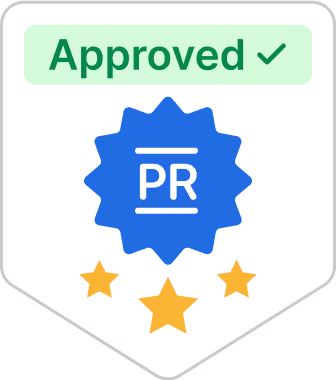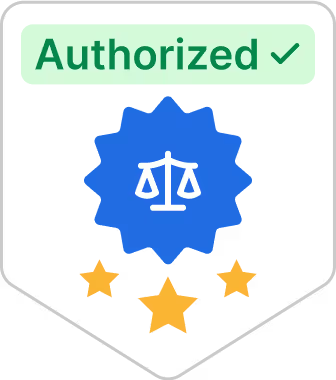What is identity theft?

You’ve likely been warned about the importance of keeping your personal information private to protect yourself against identity theft. But have you ever wondered what exactly identity theft is and what happens once your information is stolen by an identity thief? If not, then it’s good you’re here. Some of our most sensitive financial resources, like credit card history, are contingent on the protection of personal information.
In this article, we’ll answer the question: what does identity theft mean? Then, we’ll review the different types of criminal identity theft, and let you know what steps you should take if your identity is stolen.
Identity theft meaning and types
At the most basic level, this crime occurs when an identity thief uses your personal information, such as a bank account or social security number, to act on your behalf. Most often, this is used to make fraudulent charges or steal certain benefits by pretending to be you.
In order to really define identity theft, though, and give you a better idea of how to protect yourself against having a stolen identity, we’ll go over the different forms that identity fraud can take.
#1 Tax ID theft
Tax identity theft is a form of financial identity theft and occurs when an individual steals your personal information to file fraudulent tax returns either with the IRS or with a state. A person who commits tax identity theft could be using your social security number to pretend to be you, falsely claiming your dependents, or using your information on fake employment documents.
Each of these different forms of Tax ID theft has its different warning signs, but when looking for Tax ID theft in general, keep an eye out for:
- Letters from the IRS about a tax return you didn’t file
- Receiving a notice that you’re unable to file a tax return online because of duplicate social security numbers
- Notices from the IRS that your account has been accessed when you didn’t access it
- Notices about additional taxes you owe that don’t align with your records
- Records with the IRS for years you didn’t work or with employers you didn’t work for
If you notice any of these warning signs and are unable to file your taxes, you’ll need to fill out a Form 14039 with the IRS to notify them about your stolen identity.
You’ll also need to contact the FTC to report that your identity has been stolen. They’ll help you come up with a personalized plan based on the identity theft information you provide to help you fix the problem, oftentimes leading to law enforcement getting involved. Part of resolving the issue may include receiving a new social security number and card.
#2 Medical ID theft
Someone who commits medical identity theft uses your Medicare ID or health insurance information to get medical treatment or send fake bills to your insurance company. This can disrupt your ability to get access to the healthcare you need and is a major drain on taxpayer resources.
Wondering how to prevent identity theft of your medical information? Take the following precautions:
- Don’t respond to requests for your medical or personal information from services you don’t recognize
- Review medical and bank statement bills for fraudulent charges of treatments that you didn’t receive
- Be skeptical of any offers for free services or medical equipment
If you believe your medical identity information has been fraudulently misused, you can report this information by calling the OIG hotline and filing a report with the FTC.
#3 Social ID theft
Social identity theft is a newer form of identity fraud that happens when someone uses your pictures or information without your permission to create fake accounts on social media. There are a number of reasons why someone might steal your identity online, such as scamming your friends out of money or ruining your personal reputation.
Because of how freely available much of people’s personal information is on the internet and how simple it is to create a realistic-looking social media account, social identity theft is unfortunately easy to do. That’s why it’s important to take the necessary steps to protect yourself against this kind of criminal identity theft.
For identity theft protection on different social media platforms, adhere to the following:
- Set social media accounts to private and only let people you trust follow you
- Avoid using any personal information on your social media profiles, such as a birthdate or location
- Conduct regular Google searches of your name to look for any fake accounts
If you notice that someone is using your information to impersonate you online, you should report the crime to the FTC just as you would with any other kind of fraud. Additionally, most social media platforms give you the option to report accounts that are breaking community guidelines by using someone else’s information, which can help you get them taken down.
Apply online
If you’ve become an identity theft victim and need a replacement ID, GOV+ can help. GOV+ has combined a stellar customer service team with smart, cloud-based technology to help you get your replacement government ID as soon as possible. Whether you need a social security card replacement, passport, or birth certificate, we can help you get it replaced in no time. Simply fill out this social security card application form to apply for a social security card online.
Still looking for information on surrounding identity theft and how to protect yourself against it? Explore our resources discussing how to check for identity theft and answering questions like “Is identity theft protection worth it?”
Sources:
- What to Know About Identity Theft. FTC. https://consumer.ftc.gov/articles/what-know-about-identity-theft#what_is
- Taxpayer Guide to Identity Theft. IRS. https://www.irs.gov/newsroom/taxpayer-guide-to-identity-theft
- Child Identity Theft. FTC. https://consumer.ftc.gov/articles/how-protect-your-child-identity-theft























